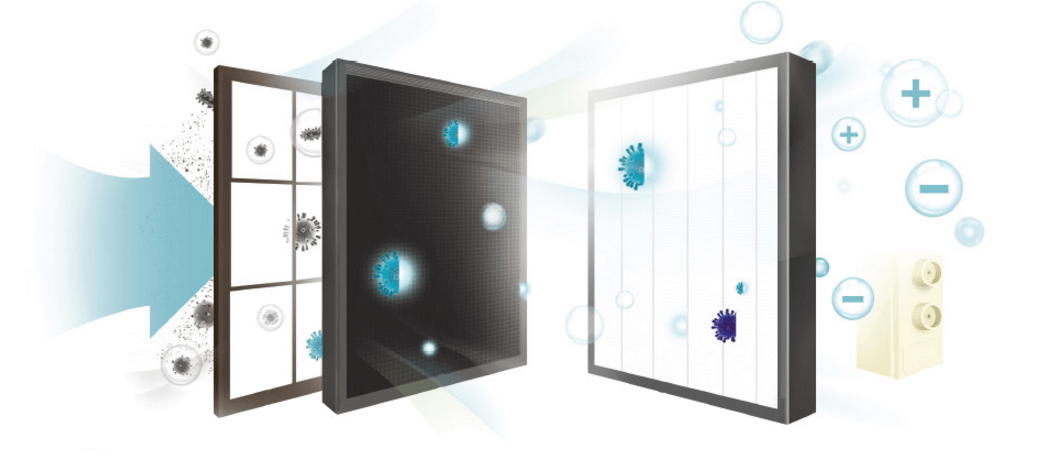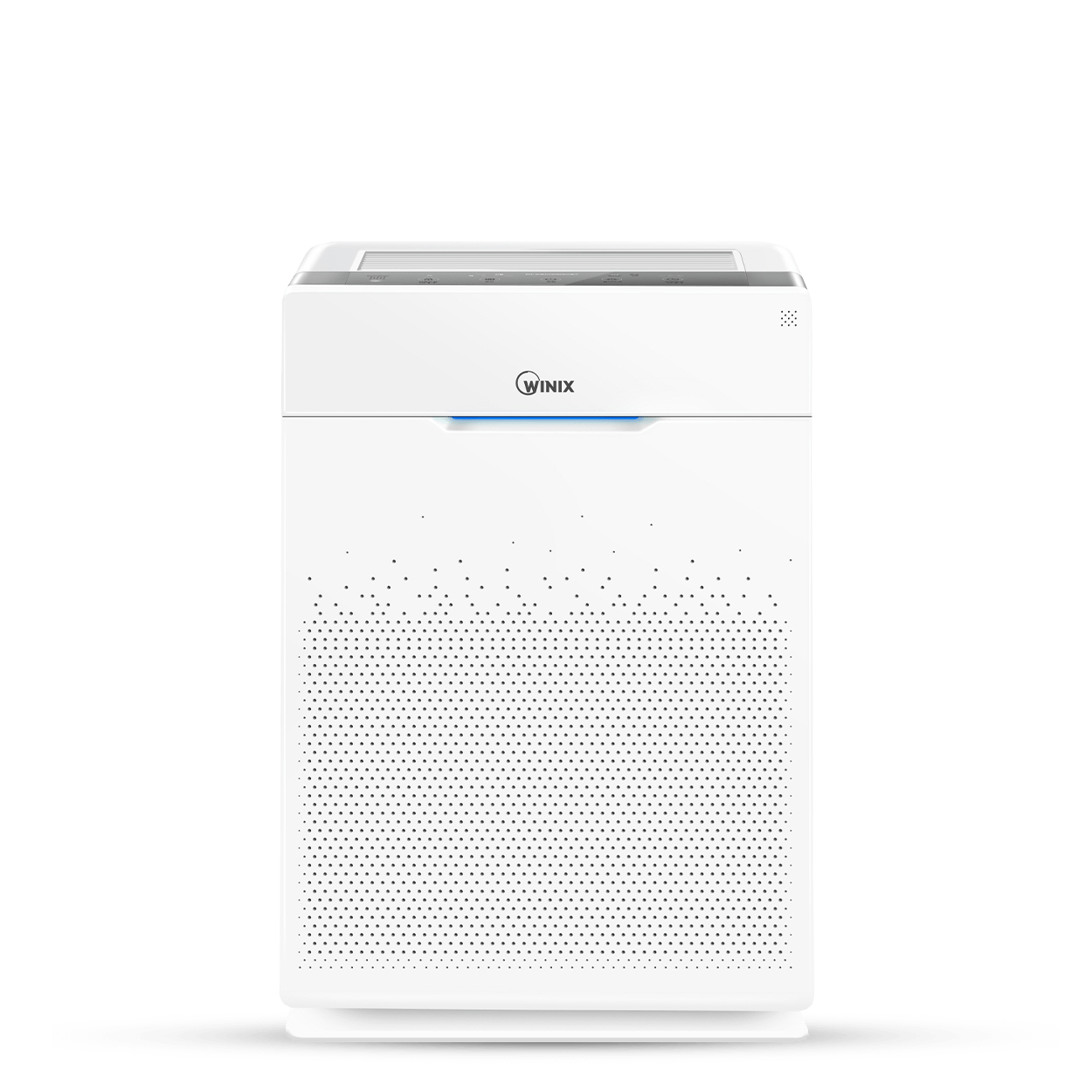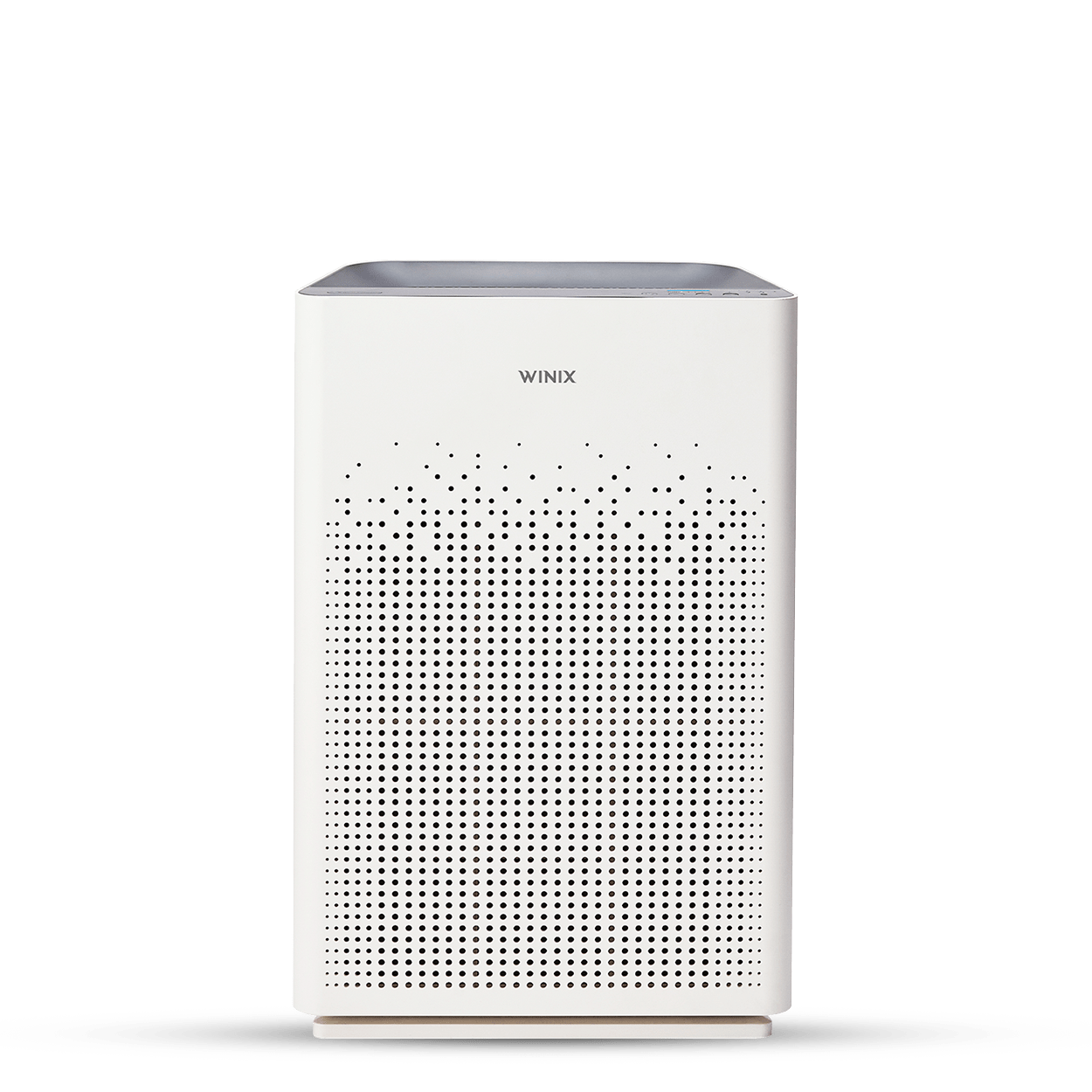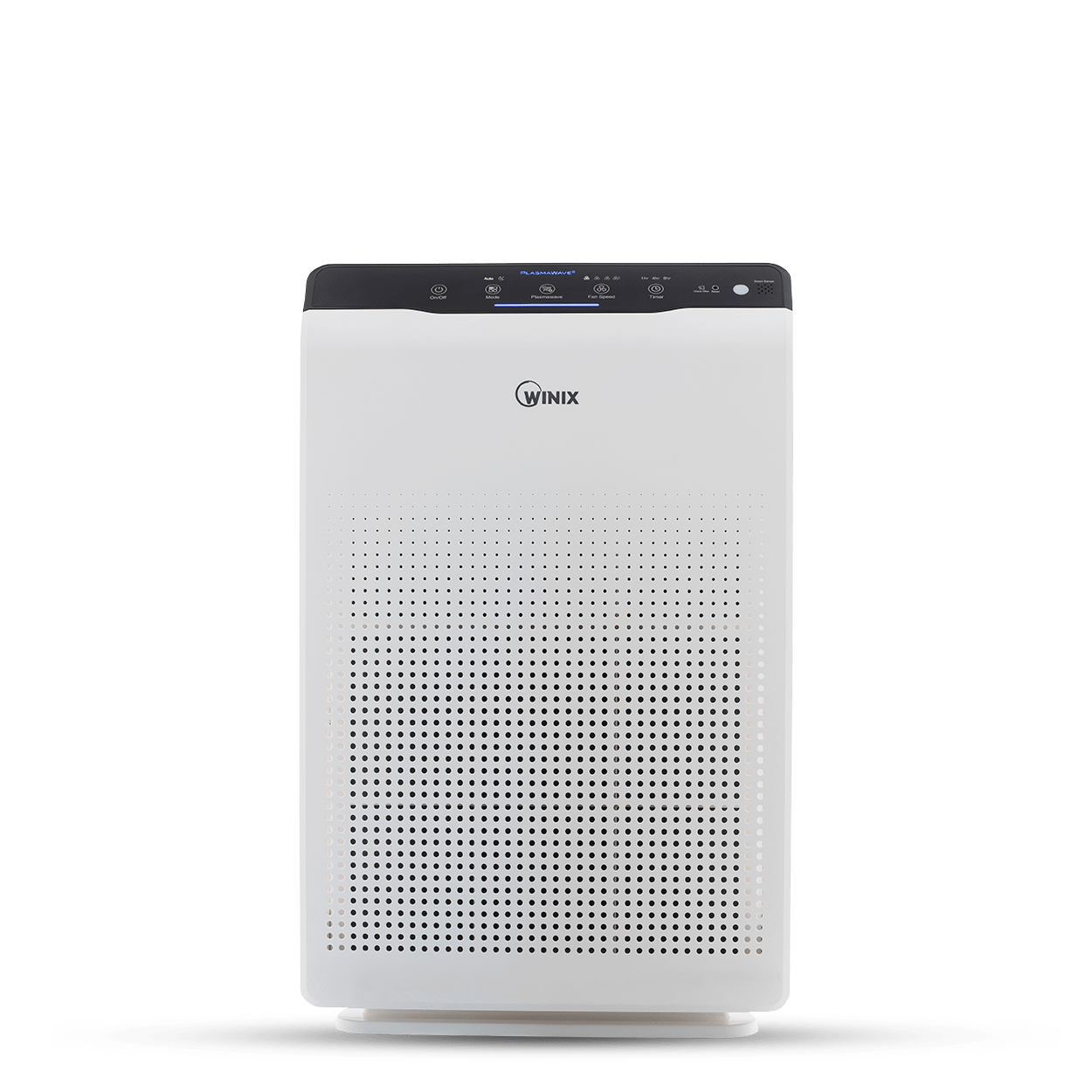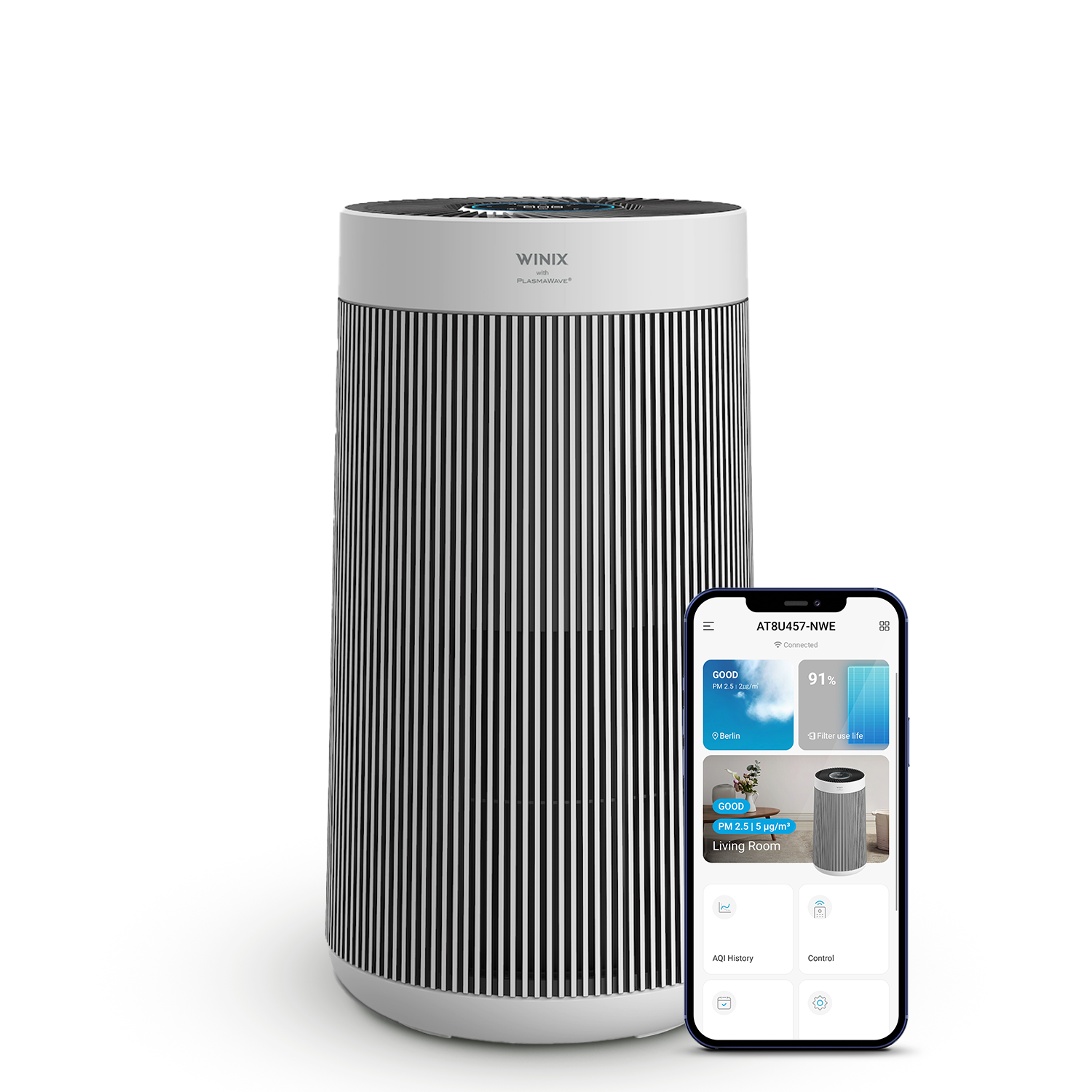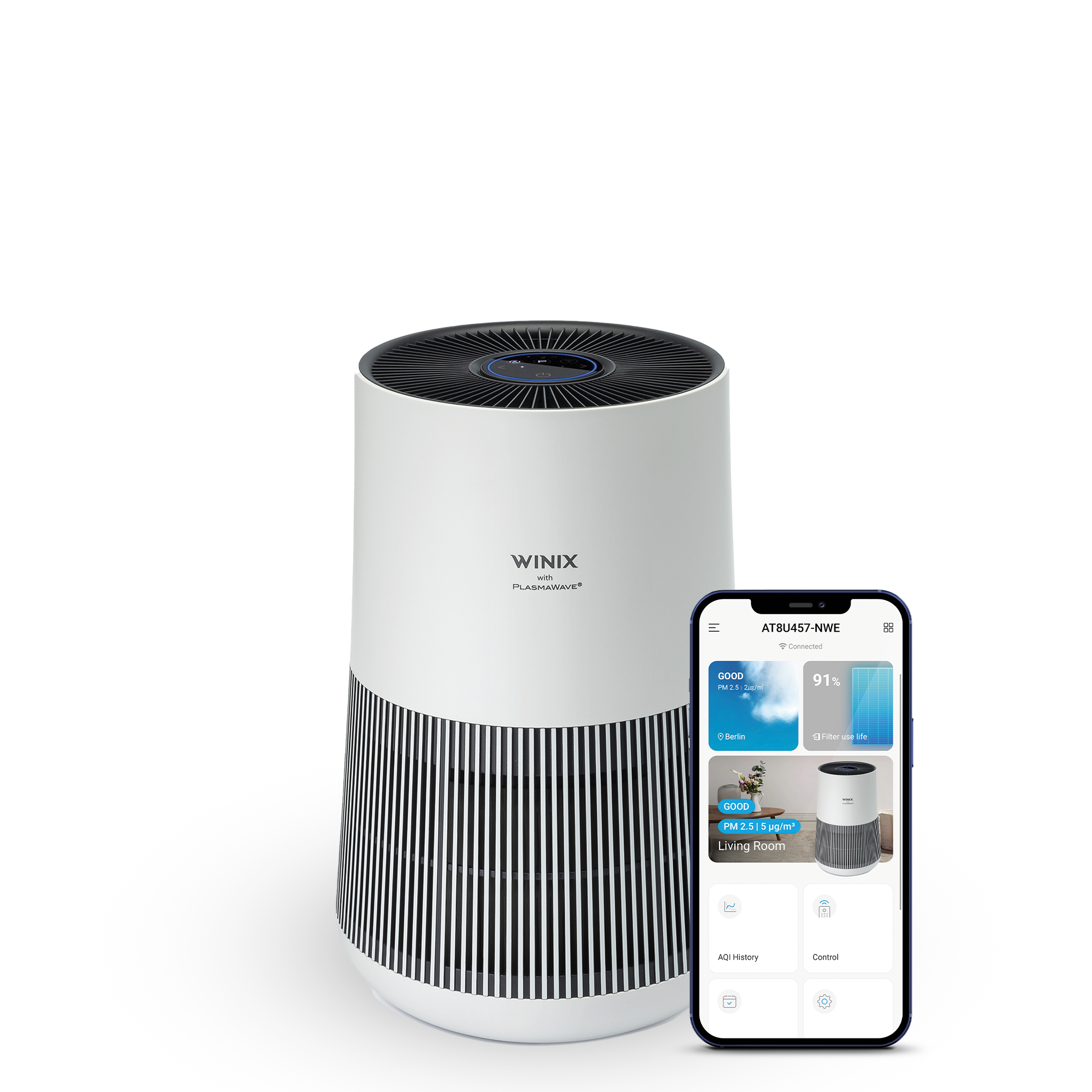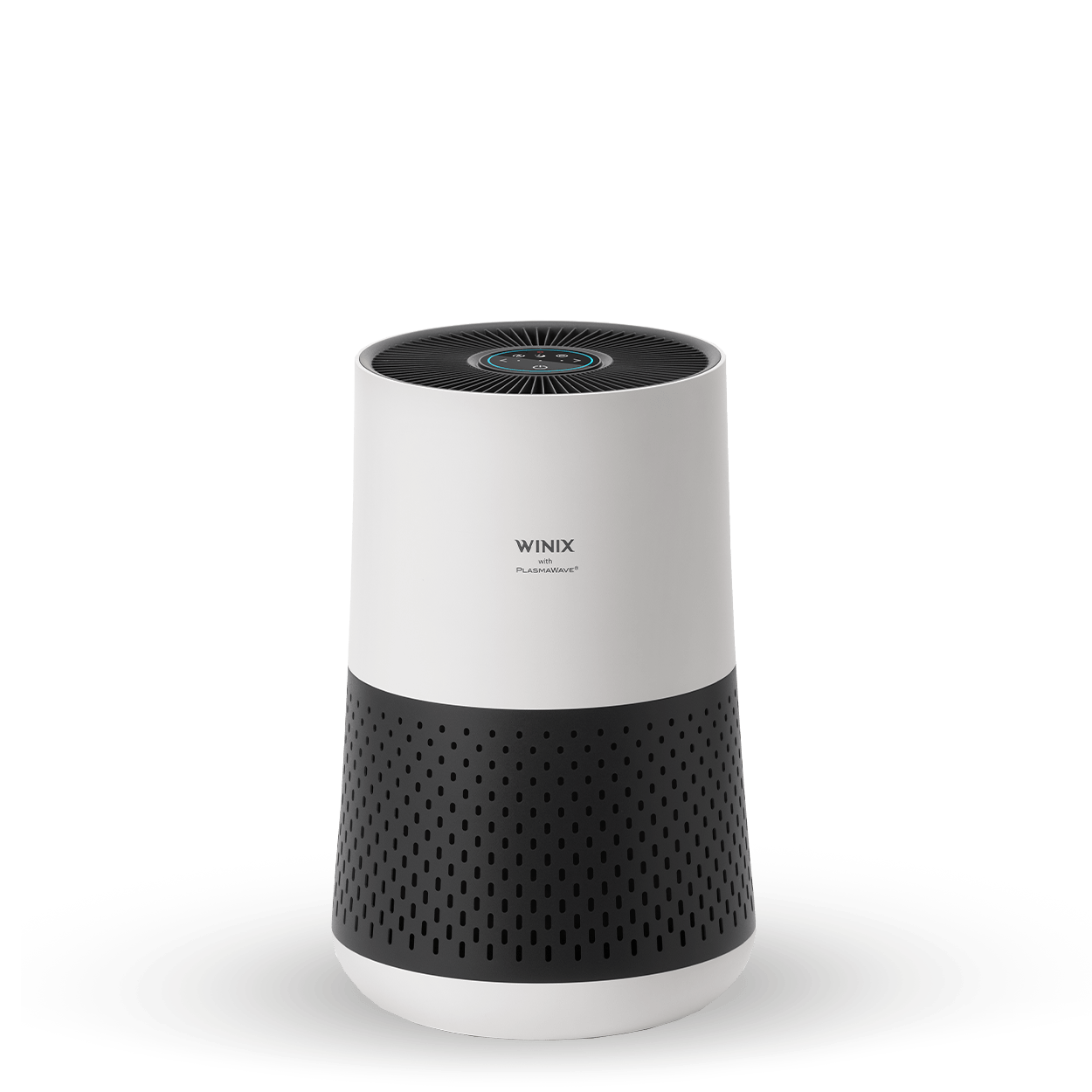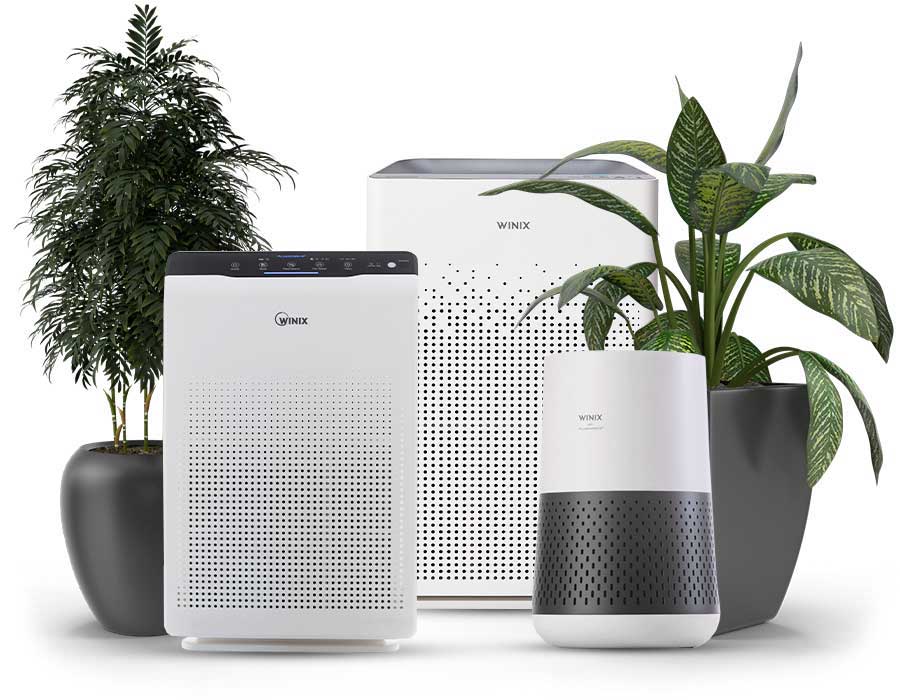What is a HEPA filter and why is it important?
What is a HEPA filter and why is it important?
When choosing an air purifier for your home or office, the element to look at is clearly the HEPA filter. The quality of the HEPA filter used by the air purifier is key, as it is the most important element in the filtration process, cleaning the air of particles that are harmful to health and releasing clean air.
HEPA filters are the reason why so many air purifiers have been installed during the current pandemic in schools, hospitals and offices, and the reason why air purifiers are useful in improving the quality of life of those who suffer from allergies and asthma.
But what are HEPA filters? How do they work? Why are they so effective against viruses, bacteria, and allergens? Here you will find everything you need to know.
What is a HEPA filter?
HEPA (High Efficiency Particulate Air) filters are filters with a great capacity to filter small particles (really tiny ones!). HEPA filters remove more than 99.9% of the particles from the air stream that passes through them. These particles can be allergens, viruses, bacteria, chemical compounds, dust and many more.
This is of great help for people with asthma, allergies or those who suffer from respiratory problems. These types of filters are becoming very important during the COVID-19 crisis by helping to reduce the virus indoors, thus reducing the spread of the virus.
How do HEPA filters work?
The operation is simple. Air purifiers absorb air, pass the air through a series of filters (including the HEPA filter), and release clean air into the room. The filter is composed of a mesh of randomly placed fibers, which are usually layers of cellulose, synthetic fiber or glass fibers. These fibers are arranged in an accordion shape, which gives them a greater capacity to capture the particles. The HEPA filter easily removes pathogens larger than 0.3 microns.
HEPA filter efficiency
To choose between one air purifier or another, you need to know what type of HEPA filter each purifier uses. Therefore, you must start by knowing what percentage of particles the different types of HEPA filters are capable of holding.
Currently it is not possible to achieve 100% filtration, although this technology is very close to it, because a HEPA filter retains 99.9% of the Most Penetrating Particles (MPPS) of 0.12 to 0.25 microns. A HEPA filter is able to do this with the smallest and Most Penetrating Particle Size (MPPS), now imagine how effective they are against particles larger than one micron, which are those particles that viruses tend to have attached to. They are even easier to filter and retain by the HEPA filter. Therefore, the efficiency of a HEPA filter is almost 100%.
There is no more effective air treatment technology at this time.
The HEPA Filter must be certified
When choosing a HEPA filter, it is essential that it is certified. To be certified, HEPA filters and air purifiers must pass certain tests. In Europe, HEPA filters must remove at least 99.95% of particles from the air. In the United States, on the other hand, at least 99.97% of the particles must be filtered.
In Europe. HEPA filters are classified by the UNE-EN 1822-1: 2020 standard.
The EN 1822 standard tells us that there are 3 main categories of filters or classes called: EPA, HEPA and ULPA filters, varying the retention efficiency of particles from lower capacity (EPA) to higher retention capacity in filters (ULPA). ULPA is used essentially in hospitals and laboratories. The HEPA H13 and True HEPA filters are the most widely used filters today for homes, schools and offices as they allow effective filtration and have an affordable price.
- EPA “Efficient Particulate Air”, with classification levels: E10, E11 and E12.
- HEPA “High Efficiency Particulate Air”, which include two levels of classification: H13 with an efficiency of 99.95% and H14 with 99.995%. The True HEPA Filter (99,97%) performance is in between the H13 and H14.
- ULPA “Ultra Low Penetration Air”, with three levels of classification U15, U16 and U17.
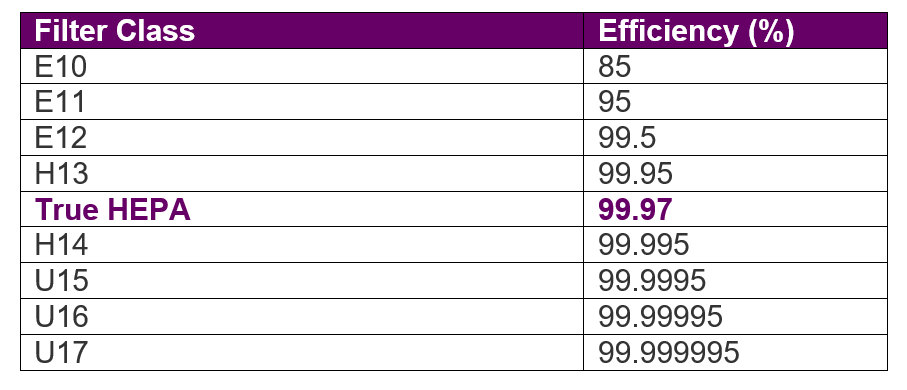
The True HEPA Filter (American classification) is the one used by WINIX in our air purifiers, it is between H13 and H14 (European classification), filtering 99.97% of the particles.
What is the True HEPA filter? The type of filter most used by WINIX air purifiers
In the US to be considered a True HEPA filter, a HEPA filter must be certified to remove 99.97% of all microscopic particles as small as 0.3 microns in size. 0.3 microns is the smallest particle size that enters the lungs. Microns, which are one millionth of a meter, are how particles are measured. It is impossible for the human eye to observe anything smaller than 10 microns.
Here are some of the types of particles that a True HEPA filter can capture:

The True HEPA filter fibers captures particles in four different ways:
- INERTIAL IMPACTION
Inertia works on large, heavy particles suspended in the flow stream. These particles are heavier than the fluid surrounding them. As the fluid changes direction to enter the fibre space, the particle continues in a straight line and collides with the media fibres where it is trapped and held.
- INTERCEPTION
Direct interception works on particles in the mid-range size that are not quite large enough to have inertia and not small enough to diffuse within the flow stream. These mid-sized particles follow the flow stream as it bends through the fibre spaces. Particles are intercepted or captured when they touch a fibre.
- DIFFUSION
Diffusion works on the smallest particles. Small particles are not held in place by the viscous fluid (air) and diffuse within the flow stream. This means that the smaller a particle is, the more likely it is to traverse the flow stream, making it more likely to collide with the fibre and be collected.
- SIEVING
Sieving, the most common mechanism in filtration, occurs when the particle is too large to fit between the fibre spaces.
Thanks to these 4 types of filtration, the True HEPA filter can capture 99.97% of airborne particles that are harmful to our health.
Now you know everything you need to be able to choose an air purifier with a HEPA filter suitable for your needs. You may also be interested in knowing how Winix’s PlasmaWave technology works, which is effective in reducing airborne viruses and the perfect complement to the True HEPA filter in our air purifiers.
Air purifiers for healthy air
